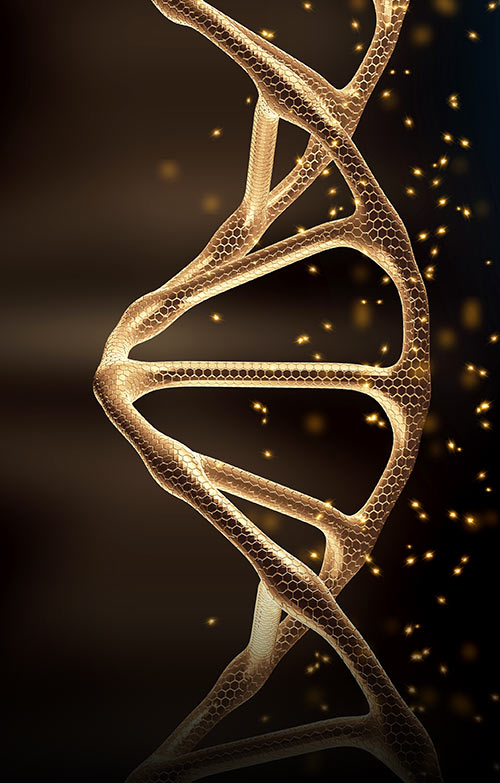Hector Fellow since 2017
Prof. Dr. Brigitte RöderProf. Dr. Brigitte Röder
Biological Psychology and Neuropsychology, University Hamburg
Brigitte Röder is Professor for Biological Psychology and Neuropsychology at the University of Hamburg. She's co-opted in medicine.
As a psychologist and neuroscientist, she investigates how humans integrate inputs of different sensory systems and how infants and children acquire these multisensory processes. She researches age-dependent neuroplasticity, the dependence of human brain development on experience and learning. Sensitive phases in human development are investigated in people who regain sight after congenital blindness. Her team is also working on topics such as neuronal adaptation for deafness and ways to promote neuronal plasticity and learning.
Brigitte Röder is a member of the German National Academy of Sciences (Leopoldina) and the Academy of Sciences and Humanities in Hamburg. She was awarded the Gottfried Wilhelm Leibniz Prize of the German Research Foundation (DFG) and an Advanced Investigator Grant of the European Research Council (ERC). Birgitte Röder is a member of the DFG Senate since 2019.
Fascinating Brain
Brigitte Röder and Her Research on Neuroplasticity
The psychologist and neuroscientist Brigitte Röder dedicates her research to the mechanisms of the human brain and its neuroplasticity. The passionate scientist investigates how the brain develops and adapts through learning processes, depending on the experiences an individual has. In 2017, Brigitte Röder was honored with the Hector Science Award and has been an active member of the Hector Fellow Academy since then.




